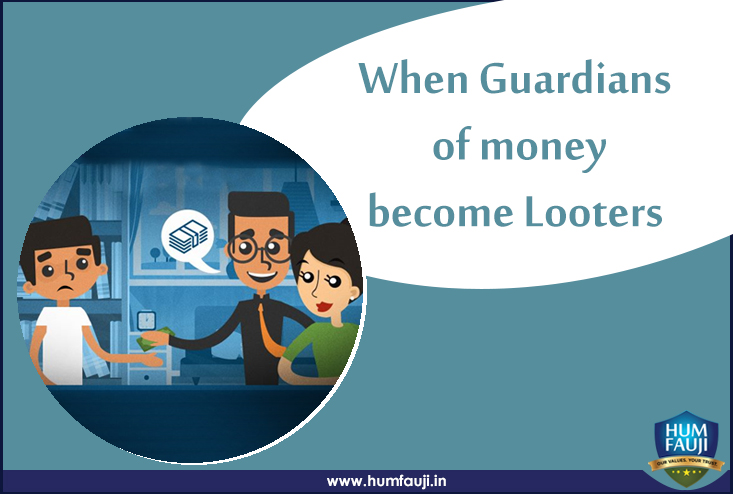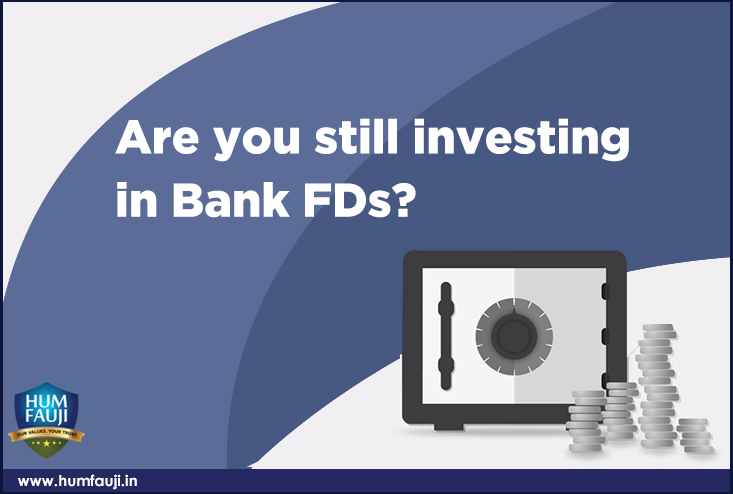Have you sold your house and earned a hefty amount in profit but do not want to pay any income tax on this profit? Is there any legitimate way to do this? Yes, there are more than one ways. We explain below how income tax can be avoided (of course, totally legally) on Long Term Capital Gains (LTCG) earned from the sale of a house (a flat or an apartment or an independent house – any residential property) which you have held for at least 3 years.
Please Note:
- There is no way to save income tax on the short term capital gain earned from the sale of a house, ie a house held for less than 3 years. This mail specifically deals with long termcapital gain only.
- For the sake of keeping the discussion simple, we presume that you have taken advantage of the benefit of indexation while calculating your capital gains, where the tax is 20%. If you do not take indexation into account, the rate of tax on LTCG is 10%.
- The discussion below applies only to sale of residential house property. For sale of other assets like residential plot, commercial properties, gold etc, other Income Tax Act provisions apply.
There are two ways to save the income tax on the long term capital gain earned from the sale of a house. Let’s understand each in detail.
A. Invest in Bonds – Section 54EC of the Income Tax (IT) Act, 1961
You can save income tax on LTCG from the sale of a house, if the LTCG is invested in specified bonds issued by the National Highways Authority of India (NHAI), Rural Electrification Corporation (REC), Small Industries Development Bank of India (SIDBI), National Housing Bank (NHB) or National Bank of Agricultural and Rural Development (NABARD).
How Much is Exempt
Amount exempted under this section will be either the amount of capital gain or the amount invested in capital gains bonds, whichever is lower subject to a maximum of Rs 50Lakhs. Please note that here it is only the amount of long term capital gain, and not the entire sale proceeds that is being referred to. For example, if you sell your house for Rs 15 Lakhs, and your LTCG from this sale is Rs 10 Lakhs, you need to invest only Rs 10 Lakhs in these bonds to avoid paying any income tax on this gain! Instead, if you invest, say, Rs 6 Lakhs in these bonds, you would have to pay a long term capital gains tax on the remaining LTCG of Rs 4 Lakhs. Thus, you would pay 20% of Rs 4 Lakhs = Rs 80,000 as long term capital gains tax. Remember, LTCG Income Tax rate is 20% (if indexation benefit has been taken) and not your own Income Tax rate.
When to Invest
The investment in these bonds has to be made within 6 months of the sale of the house. The Capital Gains Bonds’ Maturity Period is 3 years. Bonds cannot be pledged, sold or transferred before completion of 3 years from purchase of bonds. In case they are transferred, then the amount of capital gain exempted on investment in these bonds will be made taxable in that year as LTCG.
Interest Rate of Capital Gains Bonds
The interest rate on these bonds varies from one agency to another and changes from time to time. Generally they carry an interest rate of 6% per annum.
Should you invest in Sec 54EC LTCG tax saving bonds or Elsewhere?
Let’s say your LTCG is Rs 10 Lakhs. You have two options: Saving tax by investing in Sec 54EC tax saving bonds, or paying tax and investing the amount somewhere else. Let’s find out what the financial implication of each option is, and which option proves to be better!
Option 1: Save tax by investing in Sec 54EC tax saving bonds
Entire LTCG amount of Rs 10 Lakhs invested in these bonds. The rate of return is 6%. But the interest earned on these bonds is not tax-free. If you fall in the highest tax bracket of 30%, your post-tax return would be 4.2% (6% – 30% of 6% ie (6% – 1.8%)) per year. At 4.2% interest rate, your Rs 10 Lakhs would grow to Rs 11,92,349 in 3 years.
Option 2: Pay tax, and invest in a safe high-yield avenue
On LTCG of Rs 10 Lakhs at 20%, you pay a tax of Rs 2 Lakhs, and are left with Rs 8 Lakhs for investment. If you want to invest in safe avenues, you may go in for, say a Bank FD, since currently bank FDs give interest rate as high as even 9.5%. If you fall in the highest tax slab of 30%, your post-tax return would be 6.65% per year (9.5% less 30% tax on 9.5%). Rs 8 Lakhs would grow to Rs 9,70,449 in 3 years if invested at 6.65%.
Evaluation: If you are planning to invest the proceeds in safe avenues like Bank FDs, then your returns are much lower than if you invest in these Capital appreciation bonds – in that case, investing in the Capital Gains Bonds is better. However, if you wish to go in for higher return avenues like Equity-oriented Mutual Funds, where you may get 12% per annum returns or more over a 3 year period, your post-tax returns will be higher but then you are also getting into a slightly riskier territory. A good mid-way may be to go in for Debt Mutual Funds where returns are slightly more than bank FDs, tax is much lesser and safety is almost the same. Choice finally remains yours on the end-use which will finally guide what option you need to take.
B. Invest in another House – Section 54 (Sec 54 of the Income Tax (IT) Act, 1961)
You can save income tax on the LTCG from the sale of a house, if the long term capital gain is invested in another house.
How much is Exempt
The amount of LTCG exempt from income tax is equal to the amount invested in the new house. You can save the entire income tax on the LTCG from the sale of a house, if the entire LTCG is invested in another house. Again, please note that you have to consider the amount of the LTCG, and not the entire sale proceeds.
When to Invest
The investment in a new house has to be made within a time-range in order to claim exemption (or relief) under section 54EC. This time-range is: Upto 1 year before the sale of the house, or within 2 years after the sale of the house for a ready-built house/flat or within 3 years if the new house/flat is being constructed (and not ready-built). Remember that the new house/flat cannot be sold any time within 3 years after its possession – otherwise the LTCG exemption availed by you will be fully taxed.
Visit our Blog, humfauji.in/blog or facebook page http://www.facebook.com/HumFaujiInitiatives to get latest insight on matters financial
With regards,
Col (retd) Sanjeev Govila, CERTIFIED FINANCIAL PLANNERCM,
CEO, Hum Fauji Initiatives,
Your long-term partner for wealth creation
9999 022 033, 011 – 4054 5977 (Off), humfauji.in













Leave a Reply